Jimmy Carter, 39th president, remembered for his integrity and devotion to humanity
Jimmy Carter, the nation’s 39th president, has died at the age of 100. He served a single term as president, but he also will be remembered for his decades of humanitarian work.
Those who knew him – opponents and supporters alike – described him as a man of integrity, whatever flaws he may have had as president.
“When we look at the whole thrust of Jimmy Carter’s life, it’s an amazing American story,” Douglas Brinkley, author of The Unfinished Presidency: Jimmy Carter’s Journey Beyond the White House, told Fox News Digital.
“He grew up with no electricity, went to work in the… Navy. He became President of the United States at the height of the Cold War and won the Nobel Prize for his post-presidency,” Brinkley said. “All the time, his ambitious humanity was aimed at trying to make sure that everybody he came in contact with, had a better, fair shake at life.”
JIMMY CARTER HAD ONE OF THE ‘GREATEST SECOND ACTS’ IN AMERICAN HISTORY, CONSERVATIVE HISTORIAN SAYS
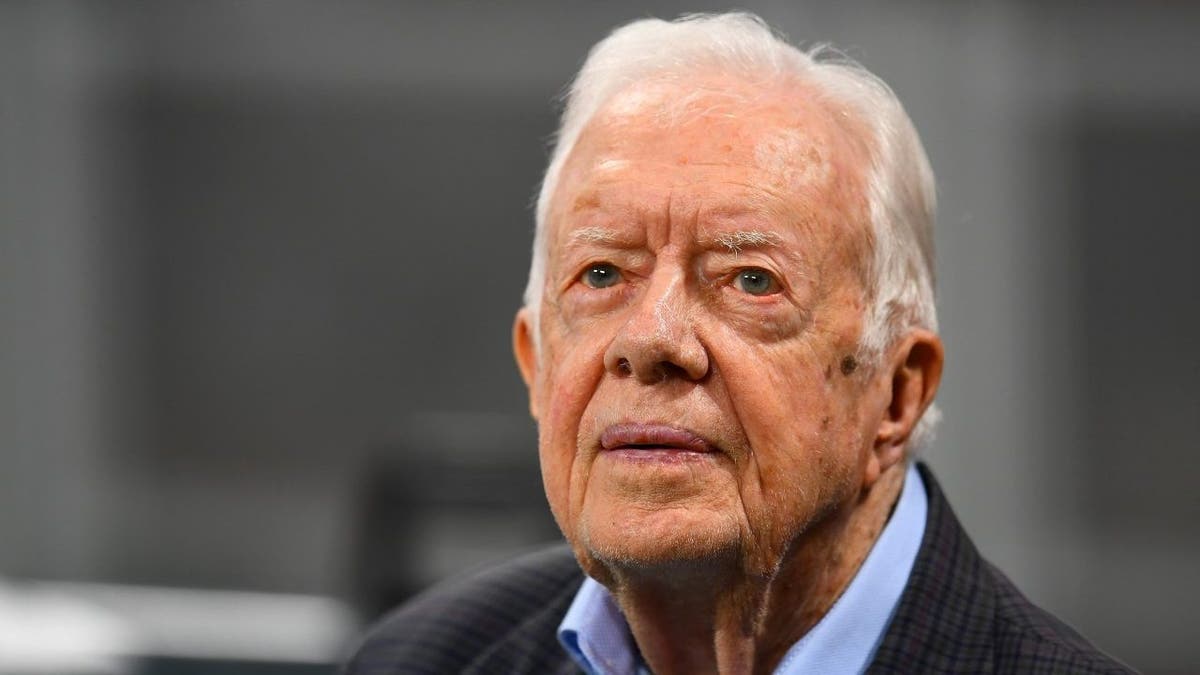
A peanut farmer and former one-term governor of Georgia, Carter beat the odds and was elected president in 1977.
“Nobody thought Carter could procure the Democratic nomination. But Carter had a unique amount of bulldog tenacity [and] gumshoe perseverance,” Brinkley said.

His campaign befuddled Democrats, as Carter was deeply religious and ran to the right of his Republican opponent, Gerald Ford, on some social issues. As a Washington outsider, Carter’s agricultural background and accent endeared him to the deep south.
He took office at a time when Watergate, the Vietnam War, and stagflation had left the country in a sour mood. In Washington, his populist campaign inevitably collided with establishment Democrats who never fully accepted Carter.
TIM SCOTT’S MASSIVE WAR CHEST COULD GIVE HIM HEAD START IN 2024 PRESIDENTIAL CAMPAIGN
“He never had a full grip on his own Democratic Party. Ted Kennedy liberals didn’t like Carter, and the Scoop Jackson Cold War hawks didn’t like him,” Brinkley said. “So, he was kind of an island unto himself as president.”
Carter’s foreign policy wins included brokering Mideast peace by keeping Egyptian President Anwar Sadat and Israeli Prime Minister Menachem Begin at the bargaining table for nearly two weeks in 1978. At home, Carter partially deregulated the airline, railroad, and trucking industries and established the departments of Education and Energy and the Federal Emergency Manager Agency.
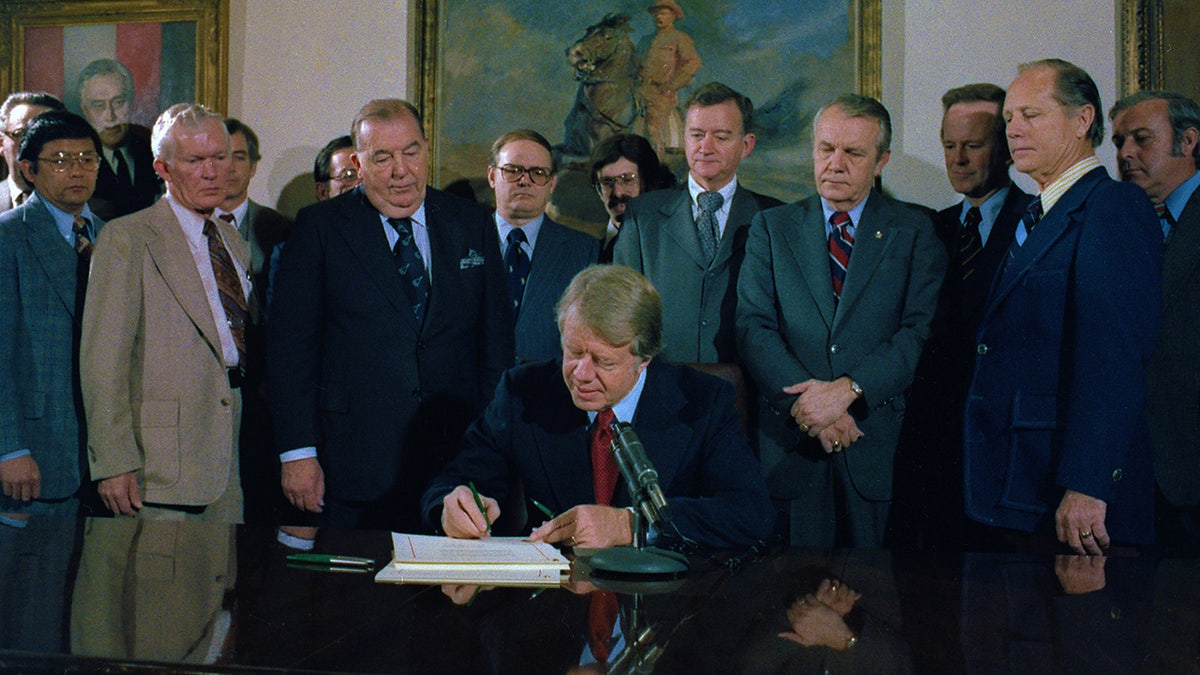
Carter designated millions of acres in Alaska as national parks or wildlife refuges and he appointed a then-record number of women and non-whites to federal posts. He also built on Nixon’s opening with China and pushed Latin America from dictatorships to democracy.
Yet, his president was also marked by double-digit inflation, long gasoline lines, and the 444-day hostage crisis in Iran. His bleakest hour came when eight Americans died in a failed hostage rescue in April 1980, helping to ensure his landslide defeat.
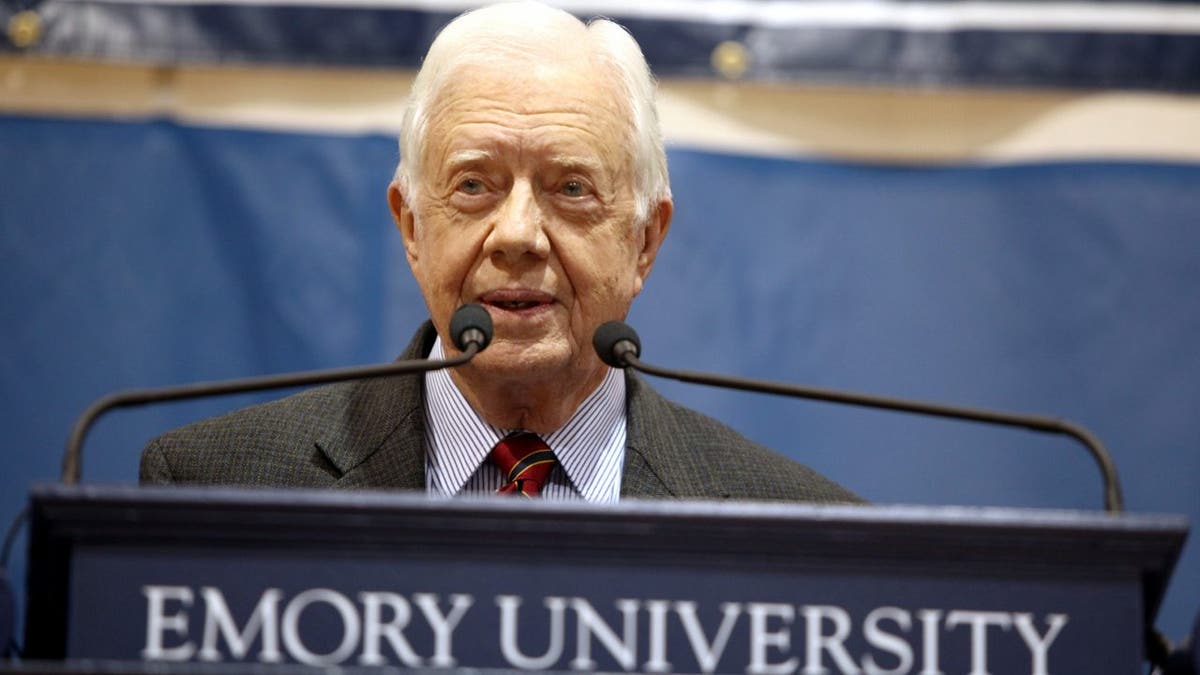
Carter was also crippled by his – as Brinkley put it – “lack of communication chops.” Oratory, Brinkley said, was not his strong suit.
In 1979, Carter delivered his famous “Crisis of Confidence” speech in which he lamented that the United States, once a nation “proud of hard work, strong families, close-knit communities, and our faith in God” had descended into “self-indulgence and consumption.”
SIX DEMOCRATS WHO COULD RETIRE AHEAD OF A POSSIBLY GRUELING 2024 SENATE ELECTION CYCLE
“Human identity is no longer defined by what one does, but by what one owns. But we’ve discovered that owning things and consuming things does not satisfy our longing for meaning,” Carter said. “We’ve learned that piling up material goods cannot fill the emptiness of lives which have no confidence or purpose.”
Craig Shirley, a Reagan biographer and historian, recalled watching the speech while working for a senator on Capitol Hill.
“I remember watching it that Sunday night and feeling for the first time in my life, I felt scared as an American. The speech was such a downer. It was so depressing,” Shirley said. “A president is supposed to tell the truth to the American people, but also appeal to the American people’s hopes and aspirations and not their worst feelings or desires.”
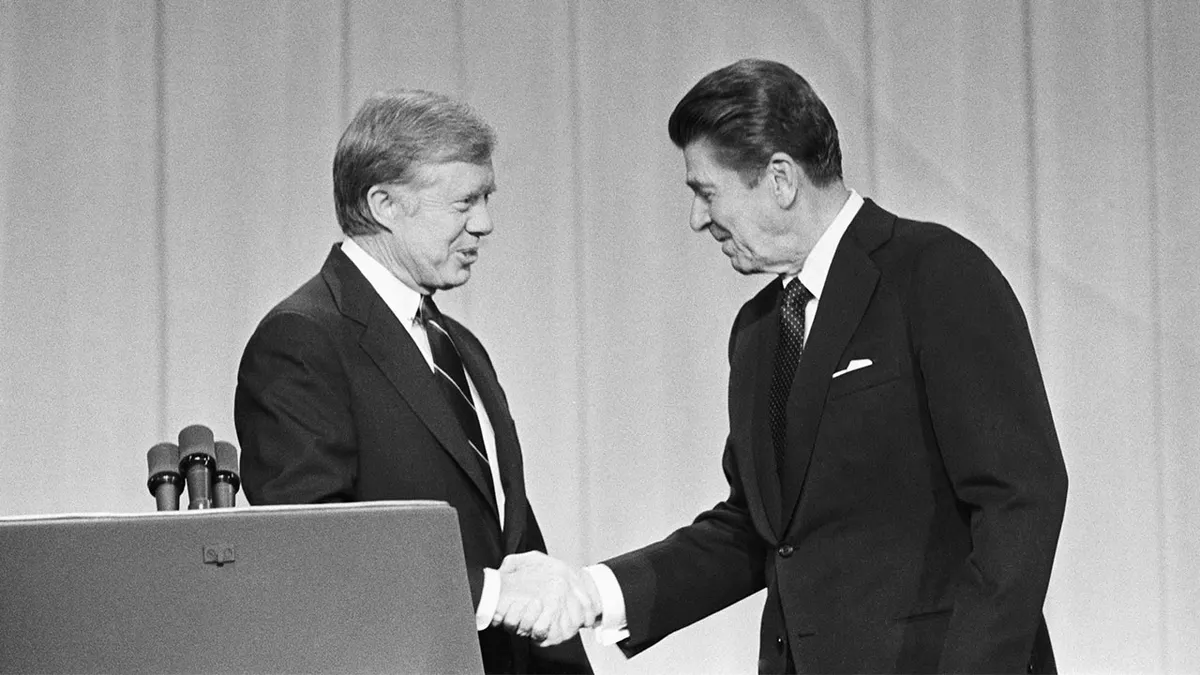
Carter ultimately served a single, tumultuous term and was defeated by Republican Ronald Reagan in 1980.
But whatever flaws his presidency may have had, Carter will perhaps be most fondly remembered for the decades he spent post-presidency advocating for democracy, public health, and human rights via The Carter Center.
CHRISTIAN GROUP URGES BIDEN TO PREVENT ‘GENOCIDE’ DEVELOPING ON RUSSIA’S DOORSTEP
The Center, which Carter opened with his wife, Rosalynn, in 1982, has been a pioneer of election observation, monitoring at least 113 elections in Africa, Latin America, and Asia since 1989. In perhaps its most widely hailed public health effort, the organization recently announced that only 14 human cases of Guinea worm disease were reported in all of 2021, the result of years of public health campaigns to improve access to safe drinking water in Africa. Carter’s work with the Center garnered a Nobel Peace Prize in 2002.
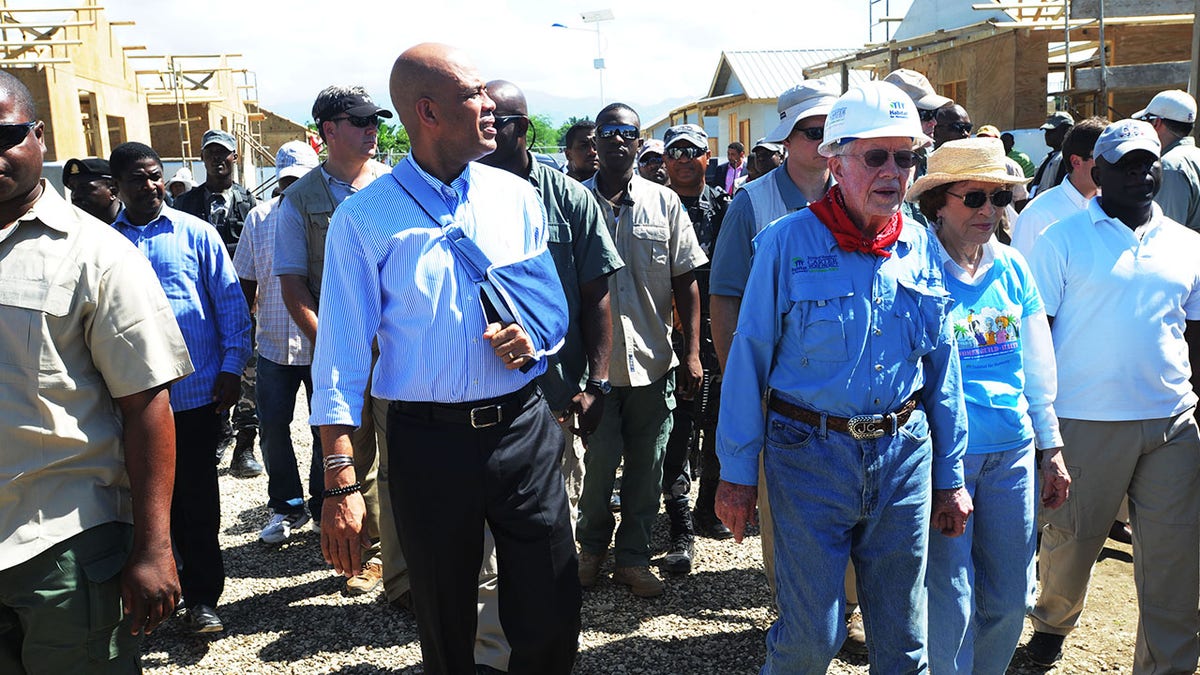
For his humanitarian work, Shirley argued, Carter will be remembered as “one of the best ex-presidents of the 20th century.”
“Carter really wasn’t for PR stunts. He really threw himself into his charitable works and did so for many years,” Shirley said.
CLICK HERE TO GET THE FOX NEWS APP
“We’re going to remember him kindly. He was a terrific former president with what he did with the Carter Center and the various initiatives around the country. His book writing stands out [as does] his charitable works. So, he goes down in his history as an extraordinarily good, former president.”
The Associated Press contributed to this report.
